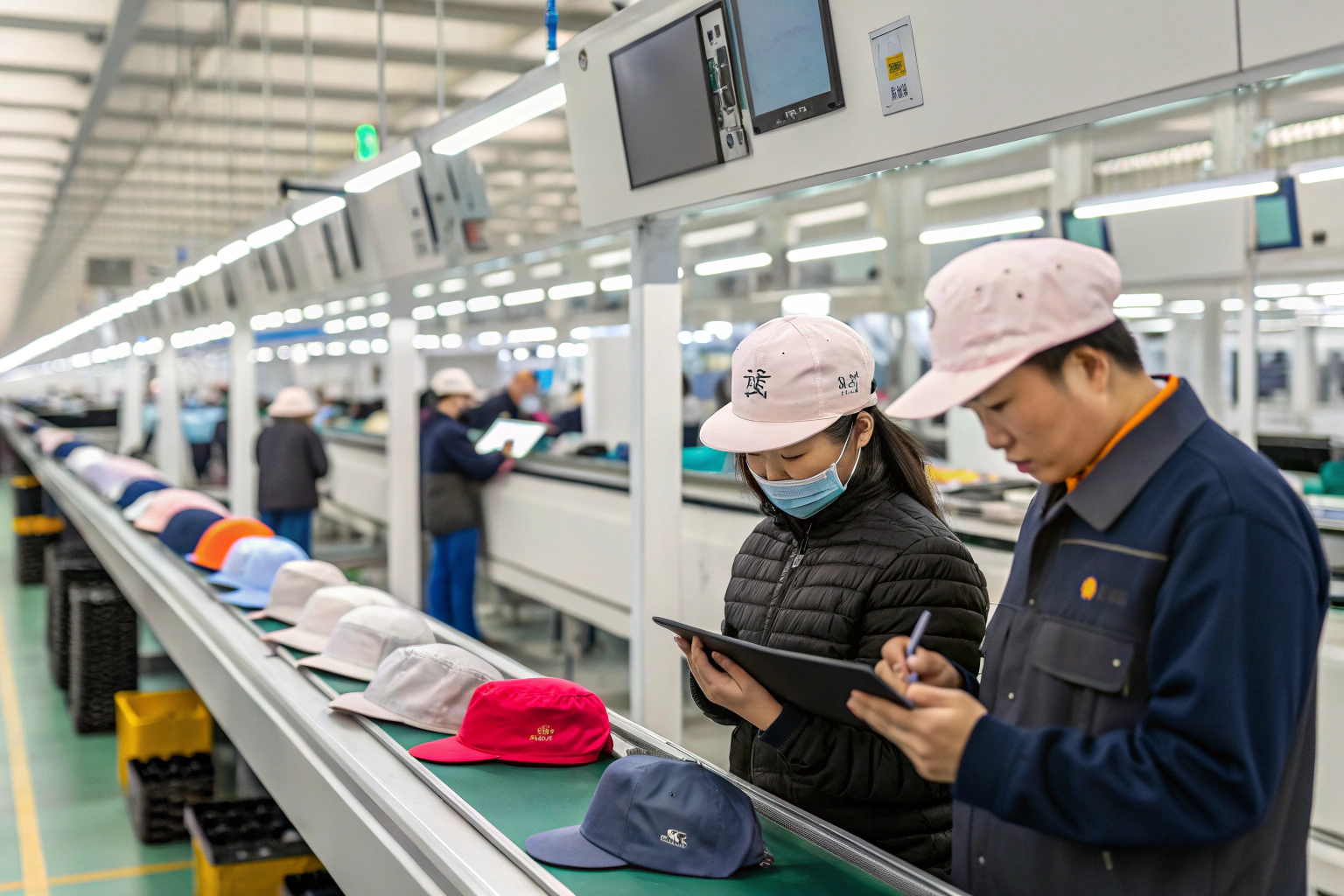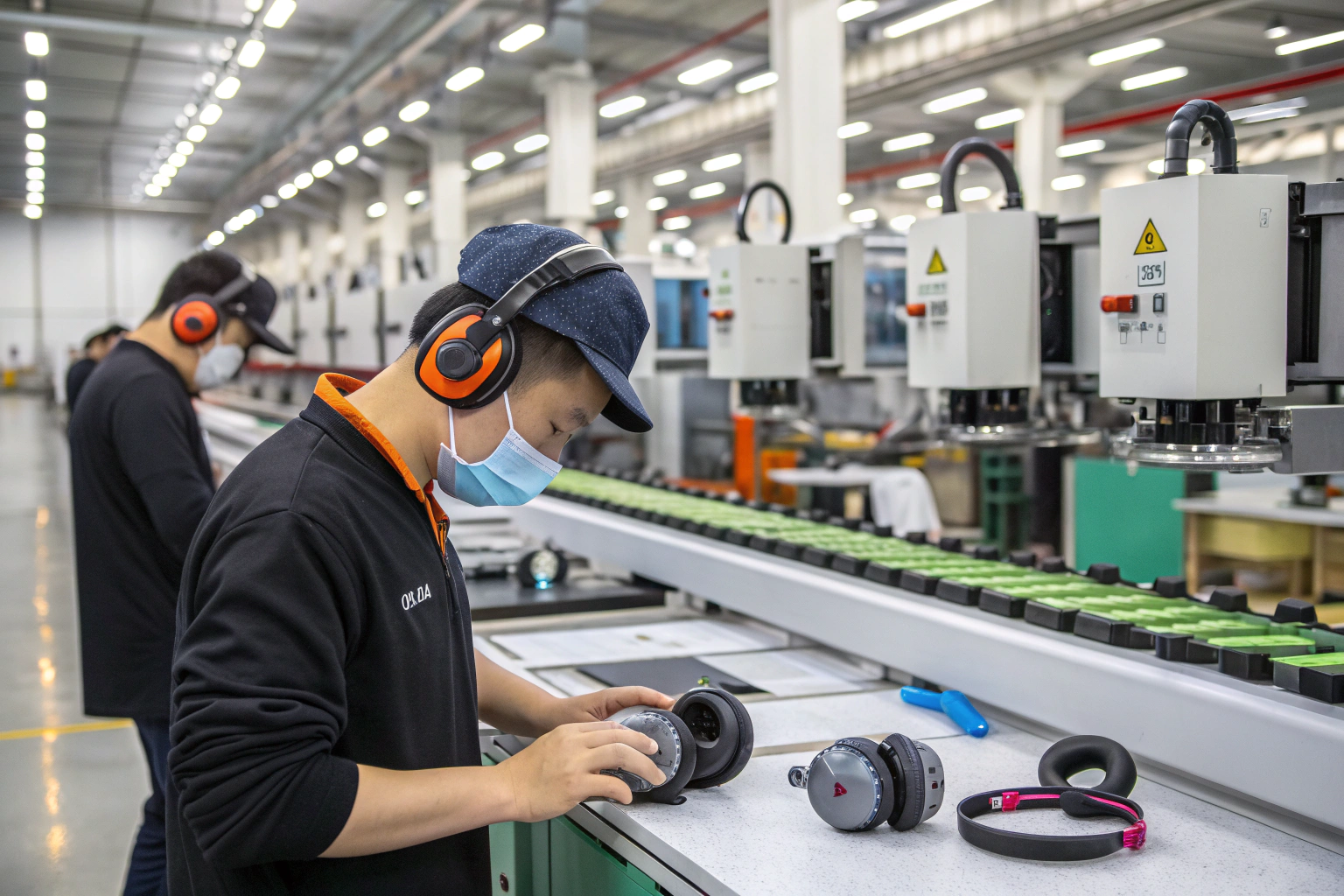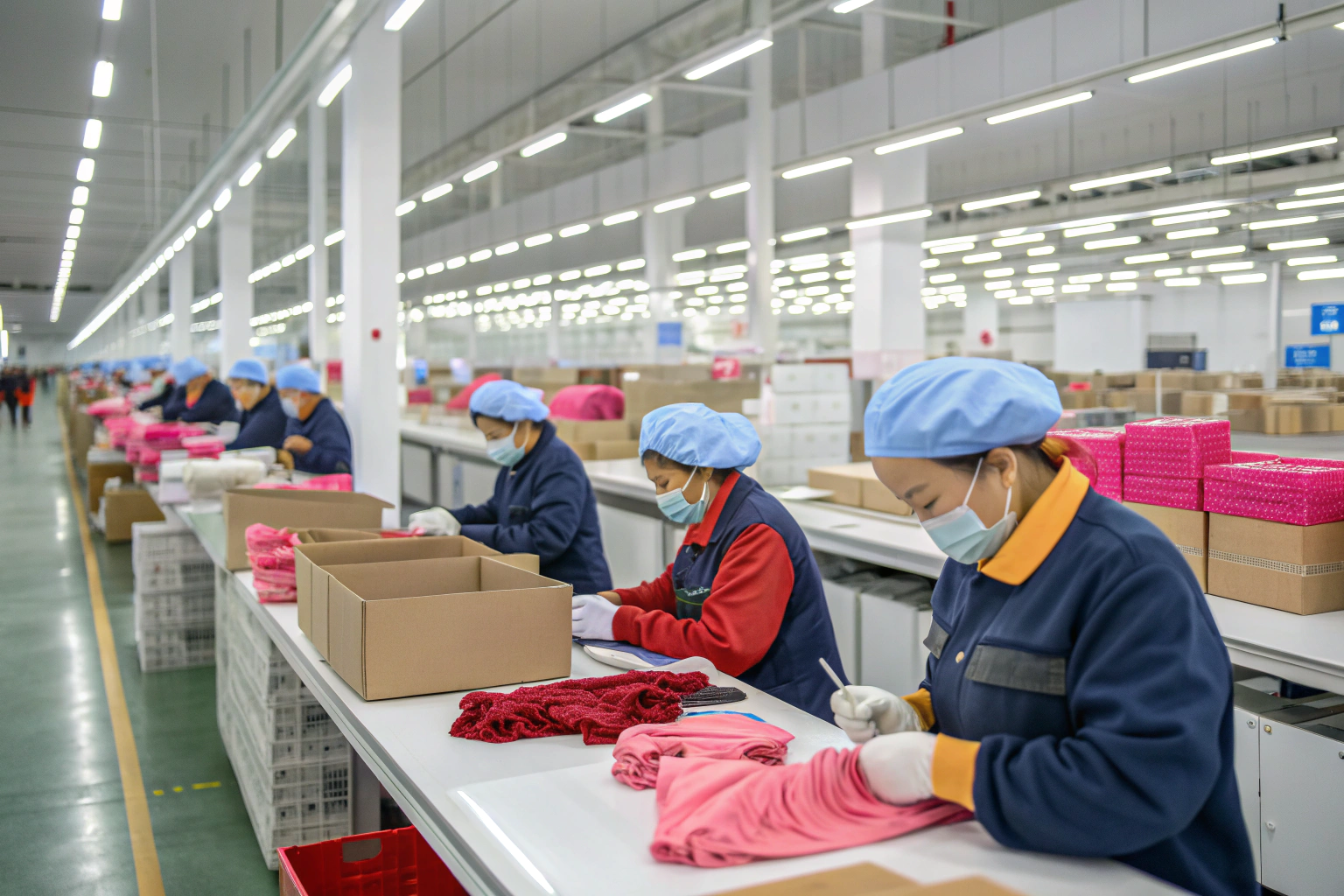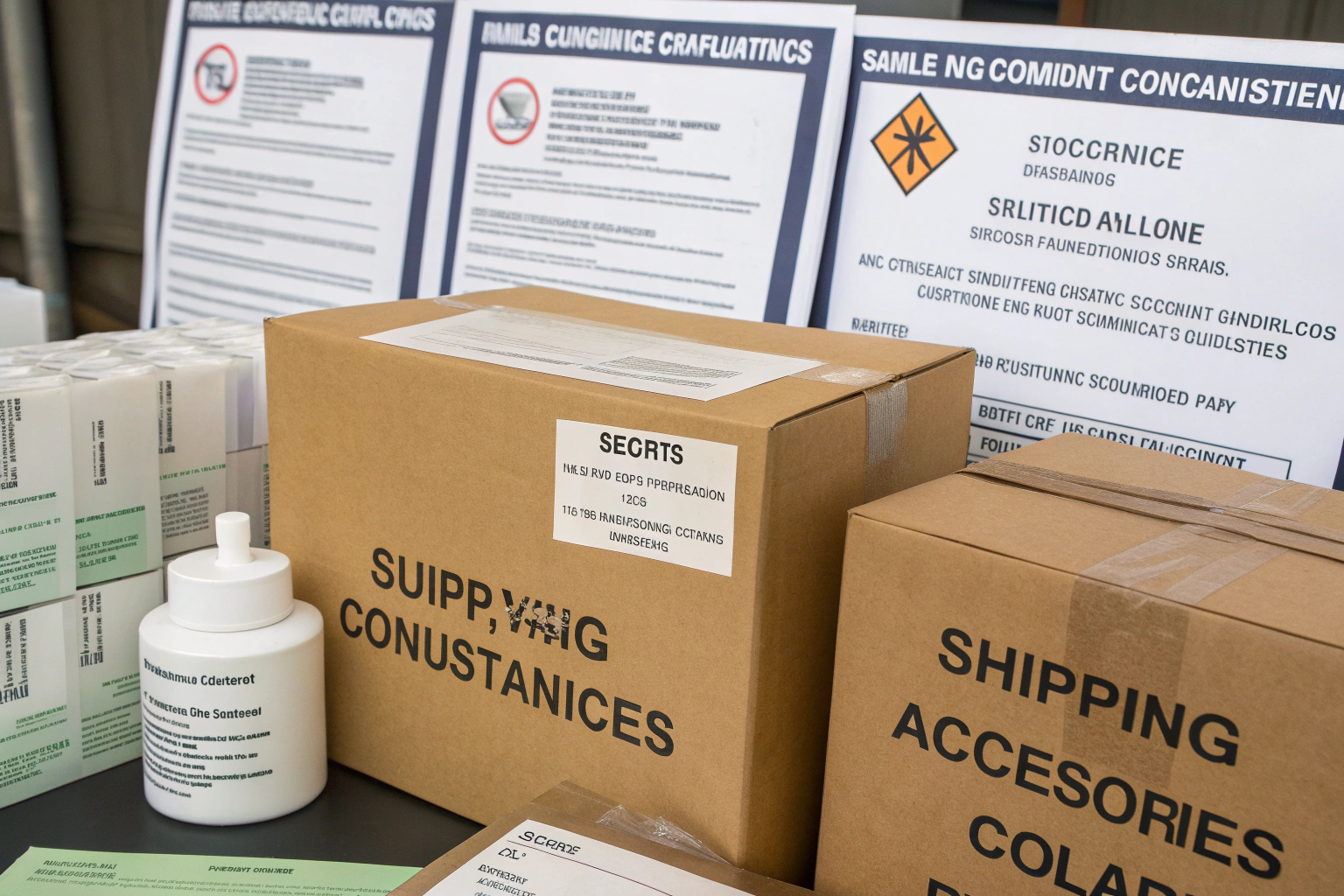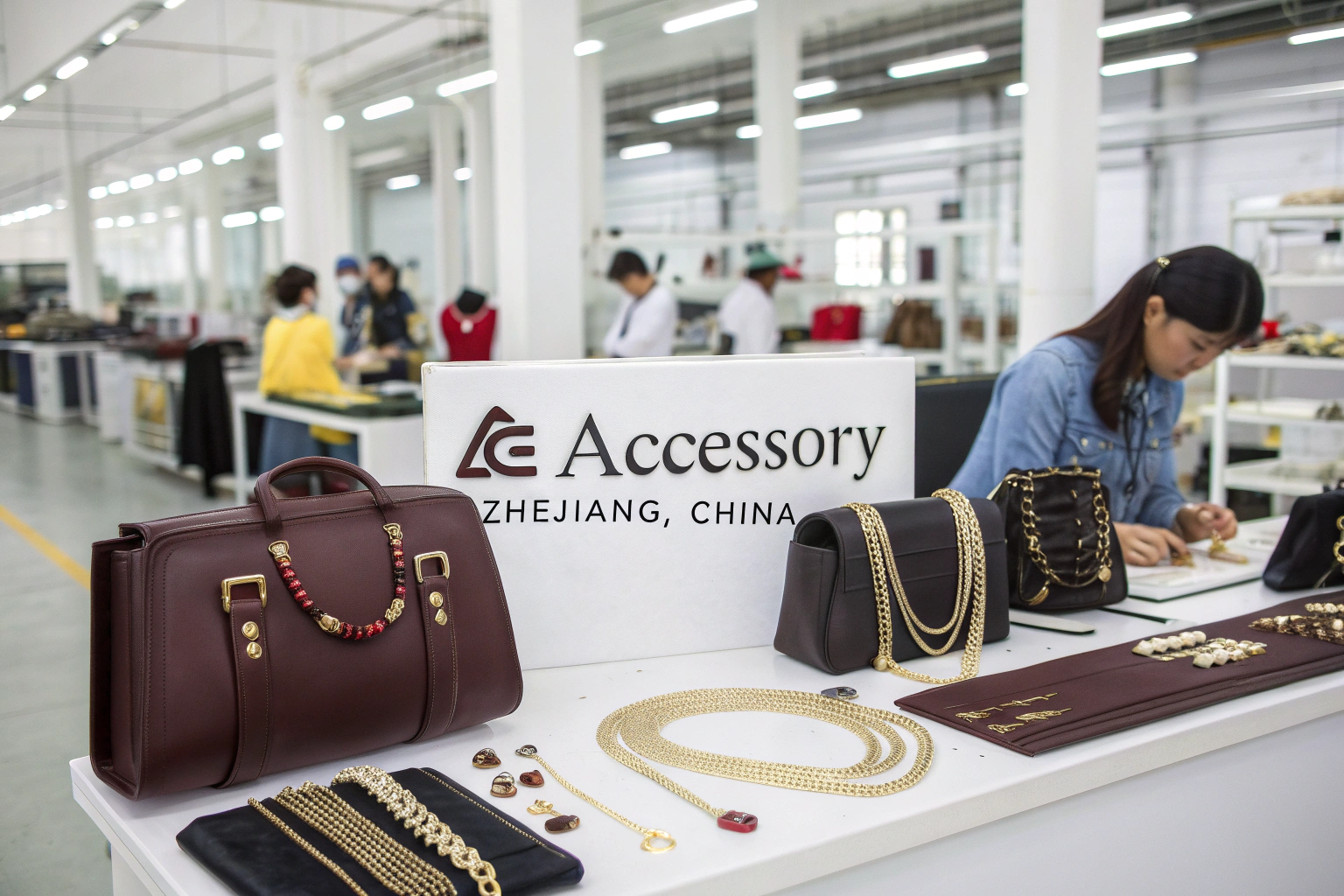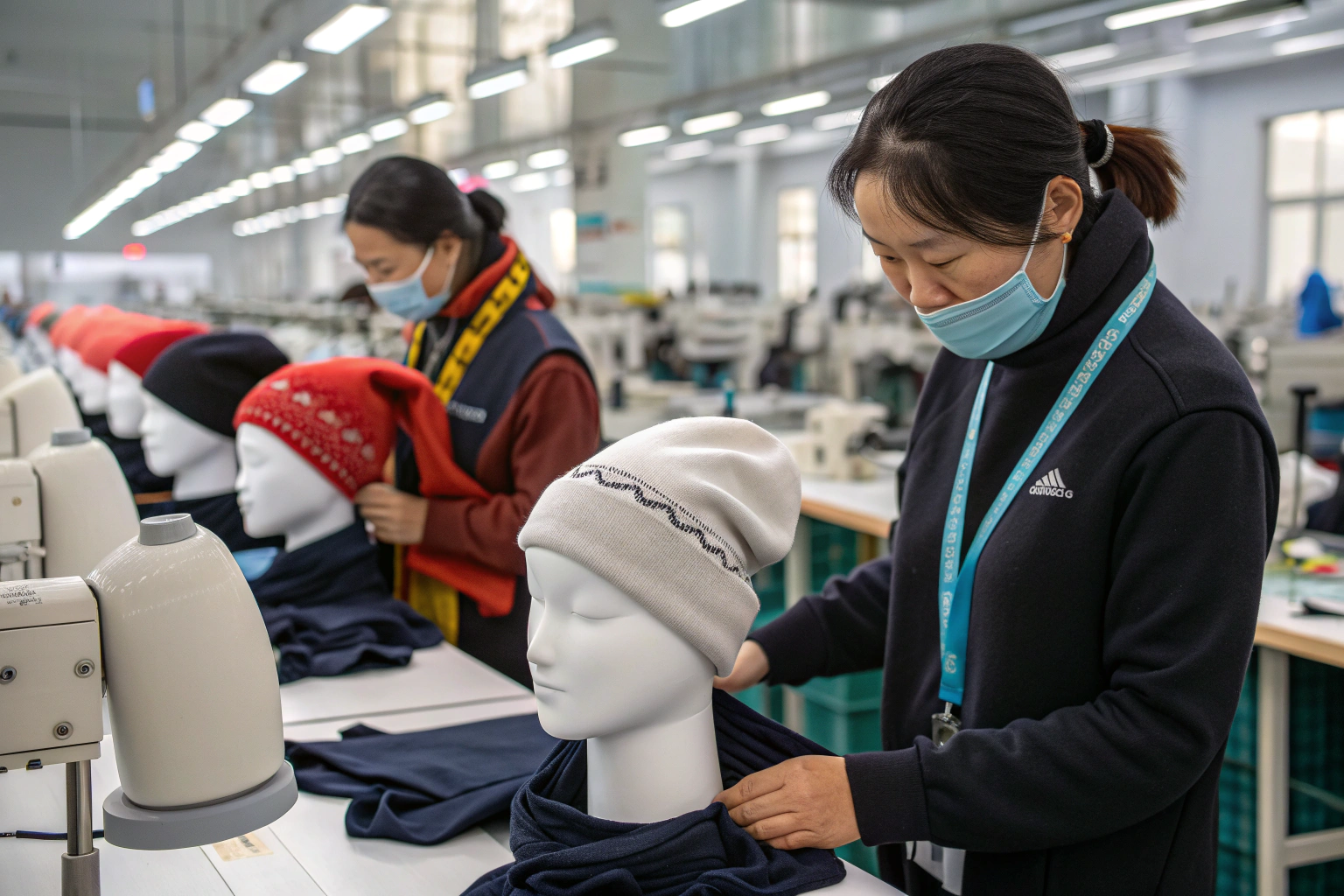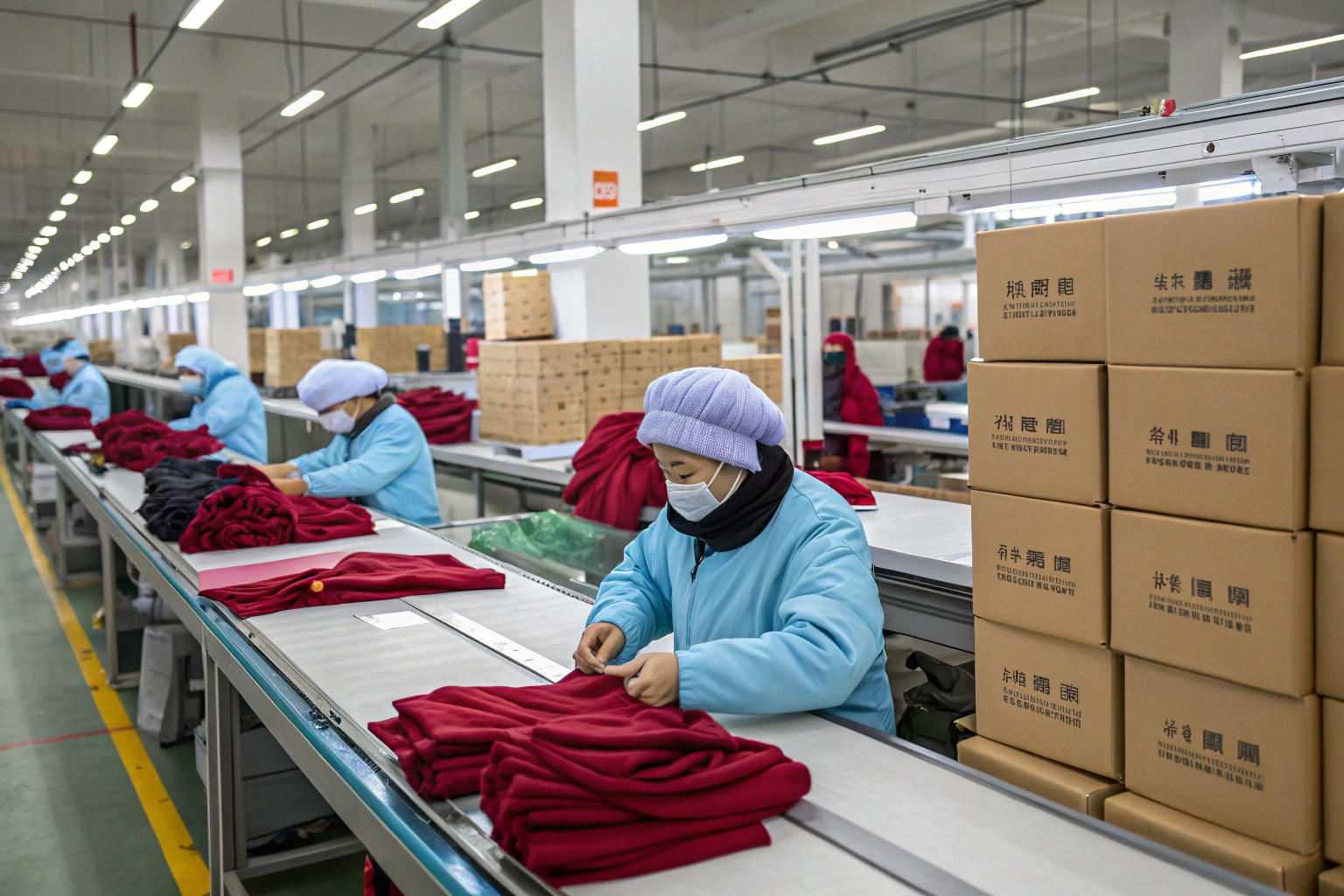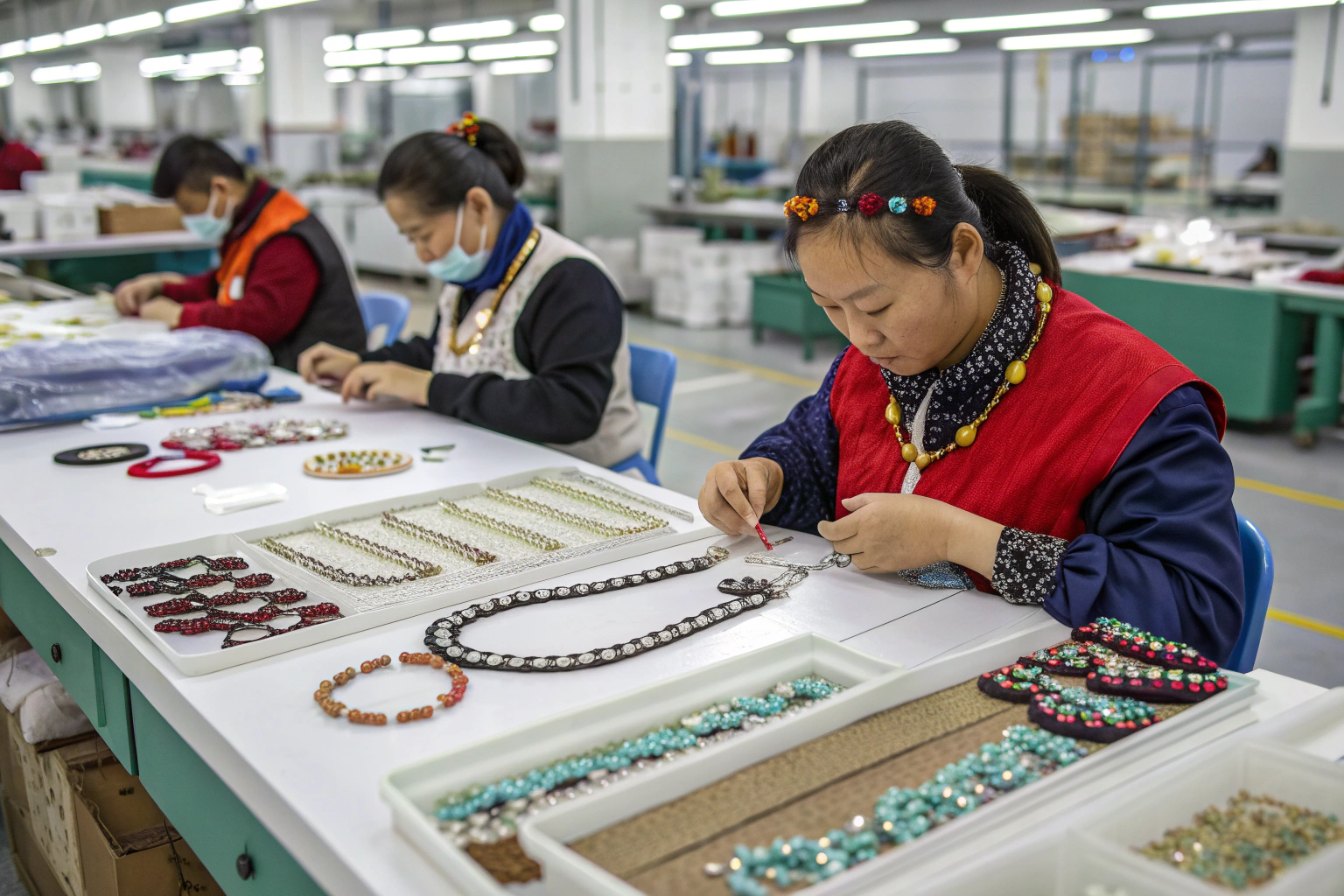In global sourcing, quality control often determines whether buyers trust a supplier. Traditional inspections depend on human judgment, which varies and can miss small defects. Buyers from the U.S. and Europe often ask how we ensure consistency.
AI-driven quality control offers higher accuracy, faster inspections, and fewer defects, giving buyers reliable orders and stronger supply chain confidence. This means fewer complaints, smoother logistics, and higher customer satisfaction.
At AceAccessory, we use AI to spot issues early, analyze patterns, and maintain product consistency. This supports both bulk production for retailers and custom lines for boutique brands.
How Does AI Improve Accuracy in Quality Control?
Human inspectors may overlook flaws, but AI systems with cameras and algorithms detect even the smallest irregularities.
AI improves accuracy by identifying microscopic defects and ensuring every accessory meets specifications.
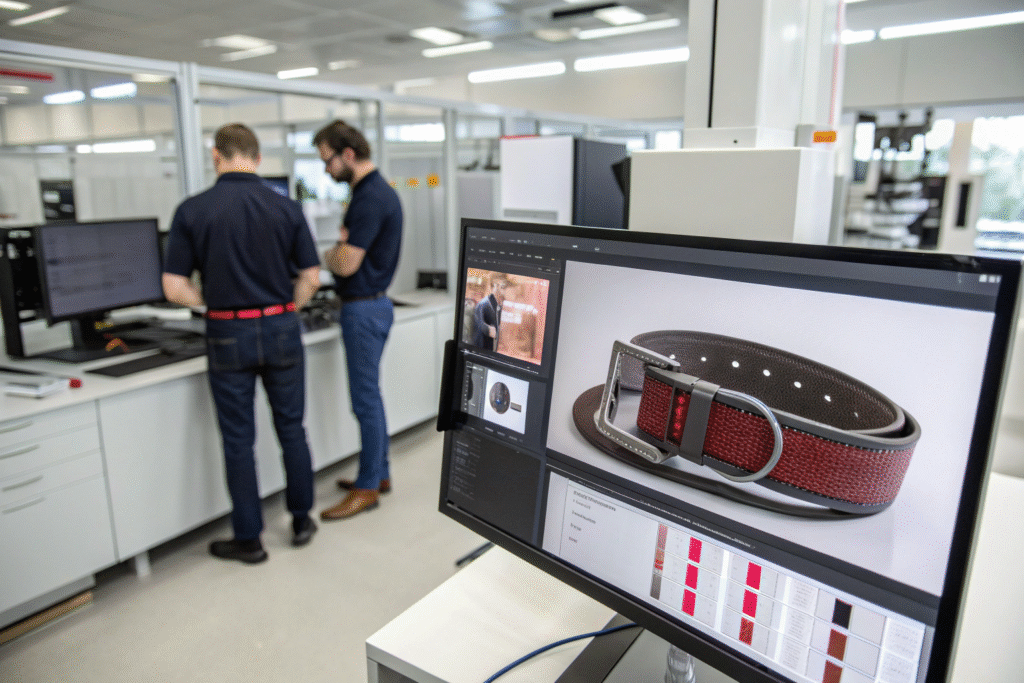
How does image recognition help?
AI-powered image recognition scans accessories in real time. Tools like Landing AI detect misaligned beads, uneven stitching, or loose threads, making inspections objective and reliable.
Why does this lower returns?
By catching defects before shipping, AI reduces returns and complaints. McKinsey notes that AI-based QC significantly lowers defect rates, giving buyers confidence in both large and small orders.
Does AI Speed Up the Inspection Process?
Manual inspections are slow, especially for bulk orders. AI systems inspect hundreds of items per minute.
AI speeds inspections by automating repetitive checks, cutting time while maintaining precision.
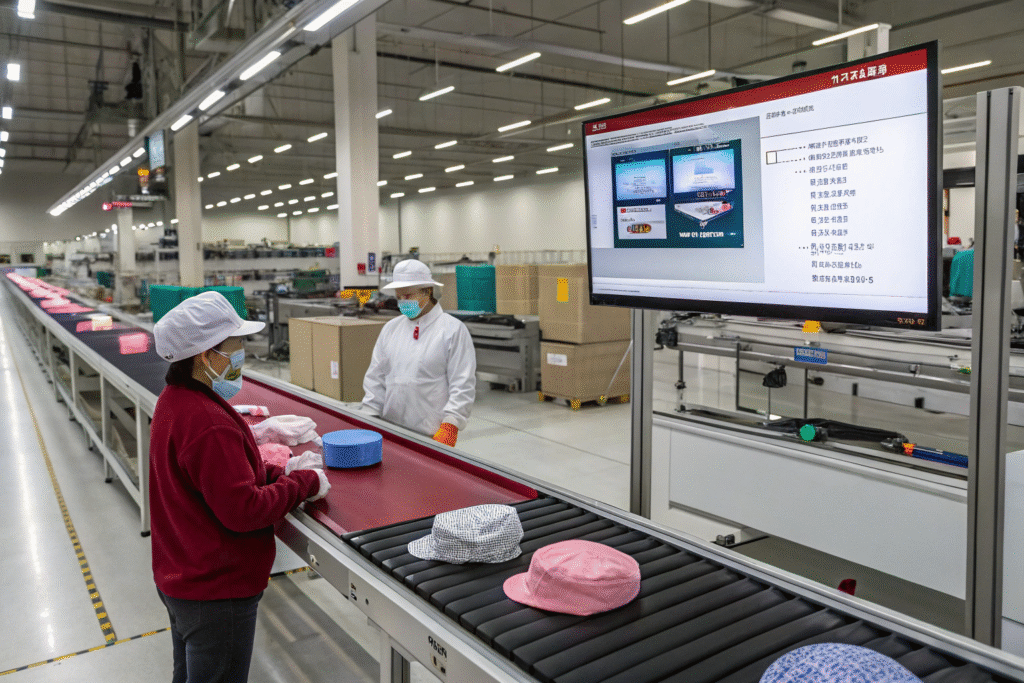
How does this affect large-scale orders?
For retailers, faster inspections mean shorter lead times. AI enables real-time checks, similar to Siemens industrial AI, which streamlines workflows in other industries.
Can this reduce labor costs?
Yes. Fewer inspectors are needed for routine tasks. Staff can focus on complex issues, while AI handles repetition. This keeps costs controlled and pricing competitive.
How Does AI Support Data-Driven Quality Management?
AI systems don’t just inspect—they also track trends, giving insights that improve production over time.
Data-driven QC makes accessory manufacturing more efficient and transparent.
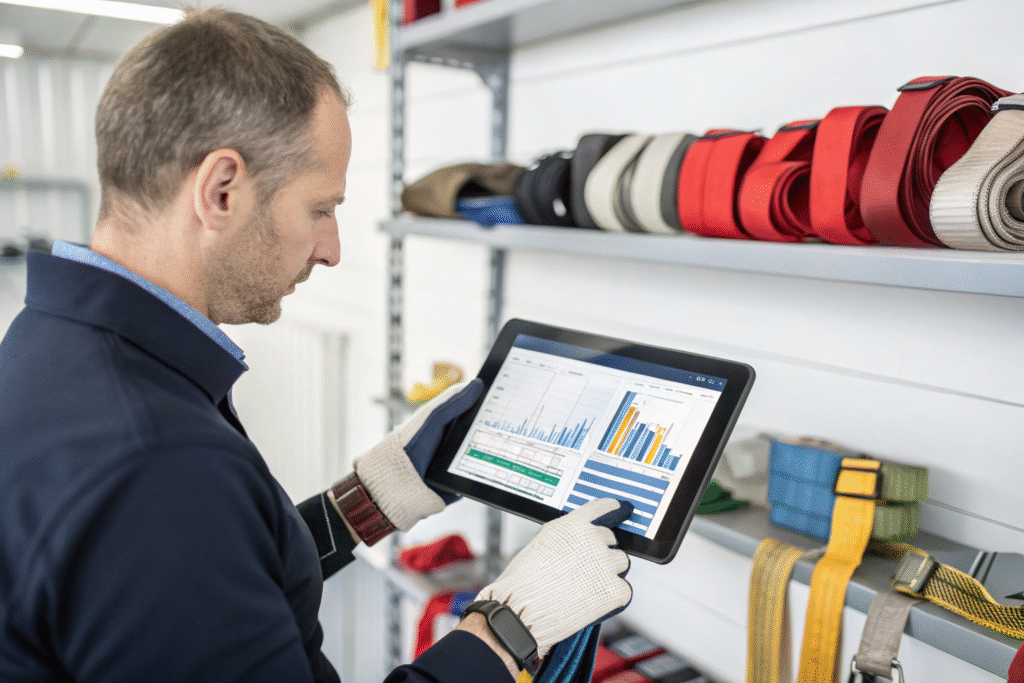
How do reports improve production?
AI generates detailed defect reports. If hair clips show weak joints often, the system highlights the issue so engineers can adjust machinery. Similar methods in IBM’s manufacturing analytics reduce waste and raise quality.
Can data sharing build trust?
Yes. Sharing QC reports gives buyers transparency. Importers get real-time updates, reducing doubts. Platforms like Sedex also use such records to verify supplier reliability.
Can AI-Driven QC Enhance Brand Reputation?
Consistent quality strengthens brand image. When accessories arrive flawless, customers are more satisfied.
AI-driven QC helps brands build a reputation for reliability, offering an edge in competitive markets.
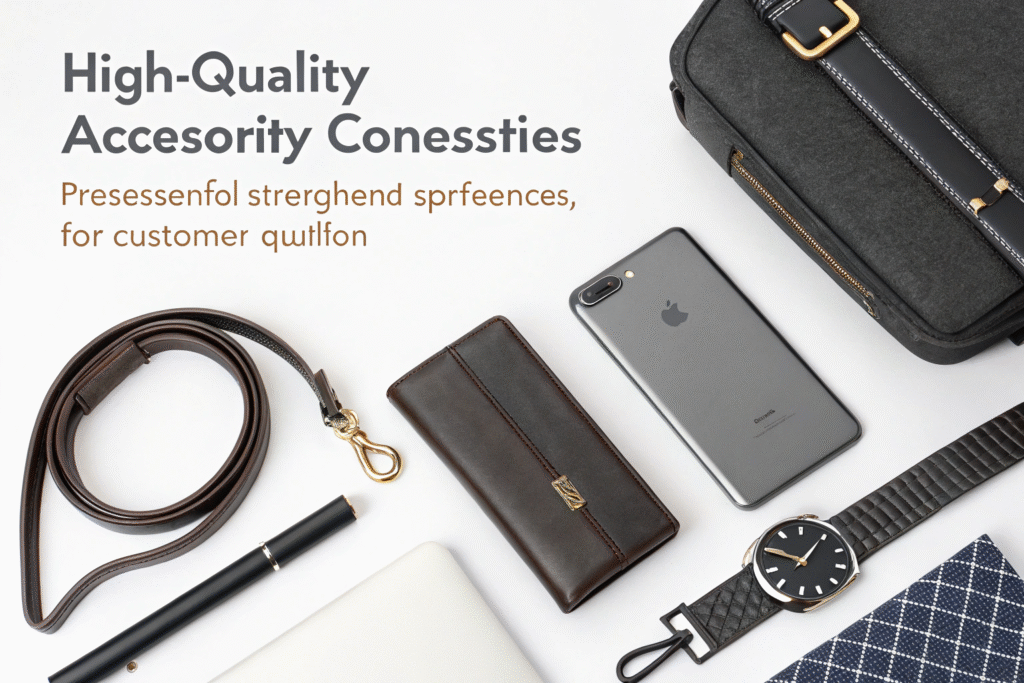
Do consumers care about AI-backed quality?
Yes. Research from PwC shows consumers associate AI with precision and innovation. Highlighting AI-inspected products signals modern quality.
How does this boost repeat business?
Stores that deliver consistent products see higher repeat sales. Importers sourcing from AI-enabled factories can promote this as a guarantee that every accessory—from belts to gloves—meets advanced standards.
Conclusion
AI-driven quality control transforms accessory sourcing. It increases accuracy, speeds inspections, improves processes with data, and boosts brand trust. For buyers, this means fewer defects, reliable deliveries, and stronger partnerships.
At AceAccessory, we combine AI-powered QC with skilled managers and artisans to ensure dependable, scalable production. To source accessories with guaranteed quality, contact our Business Director Elaine at elaine@fumaoclothing.com. Together, we can deliver products that blend technology, craftsmanship, and trust.

